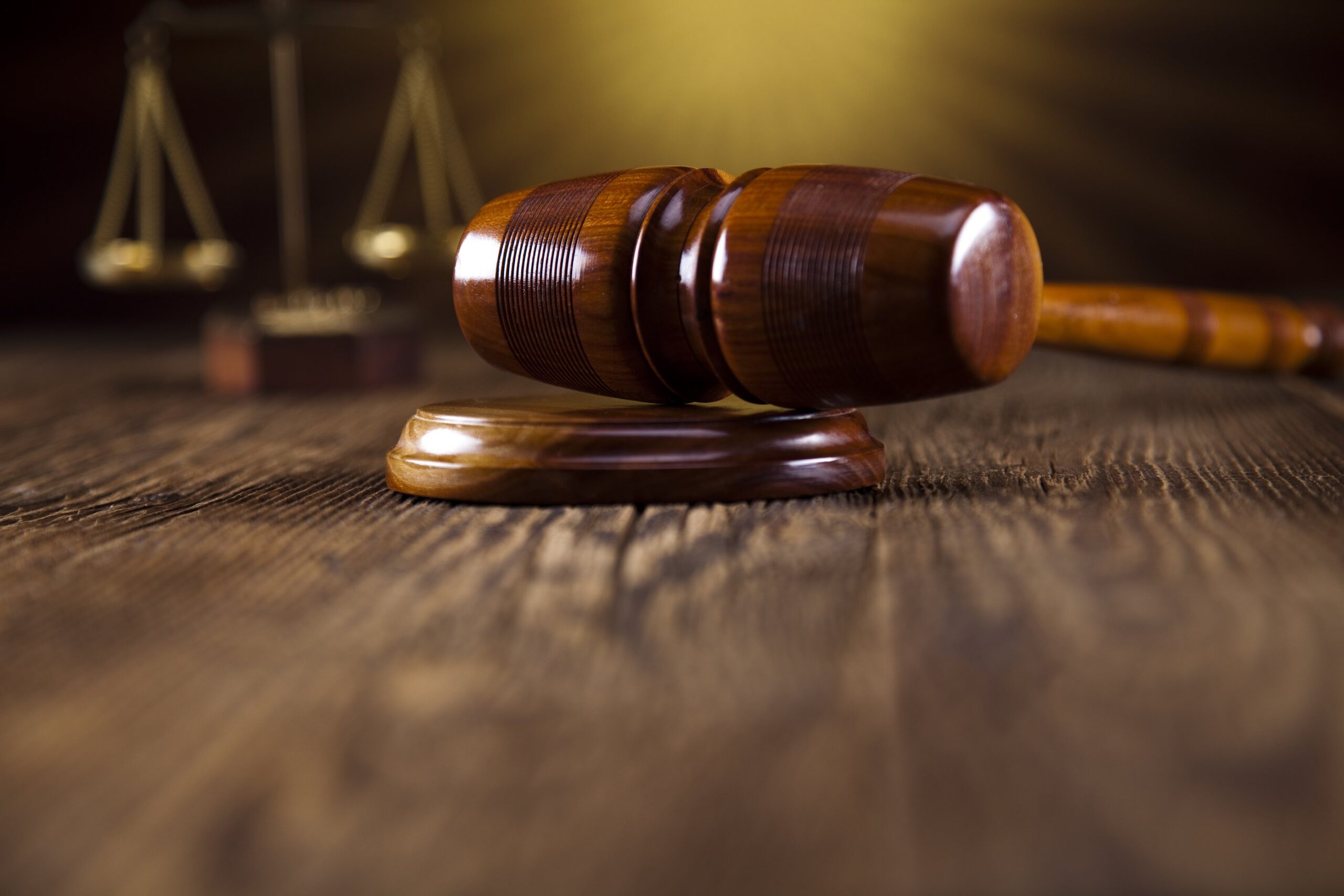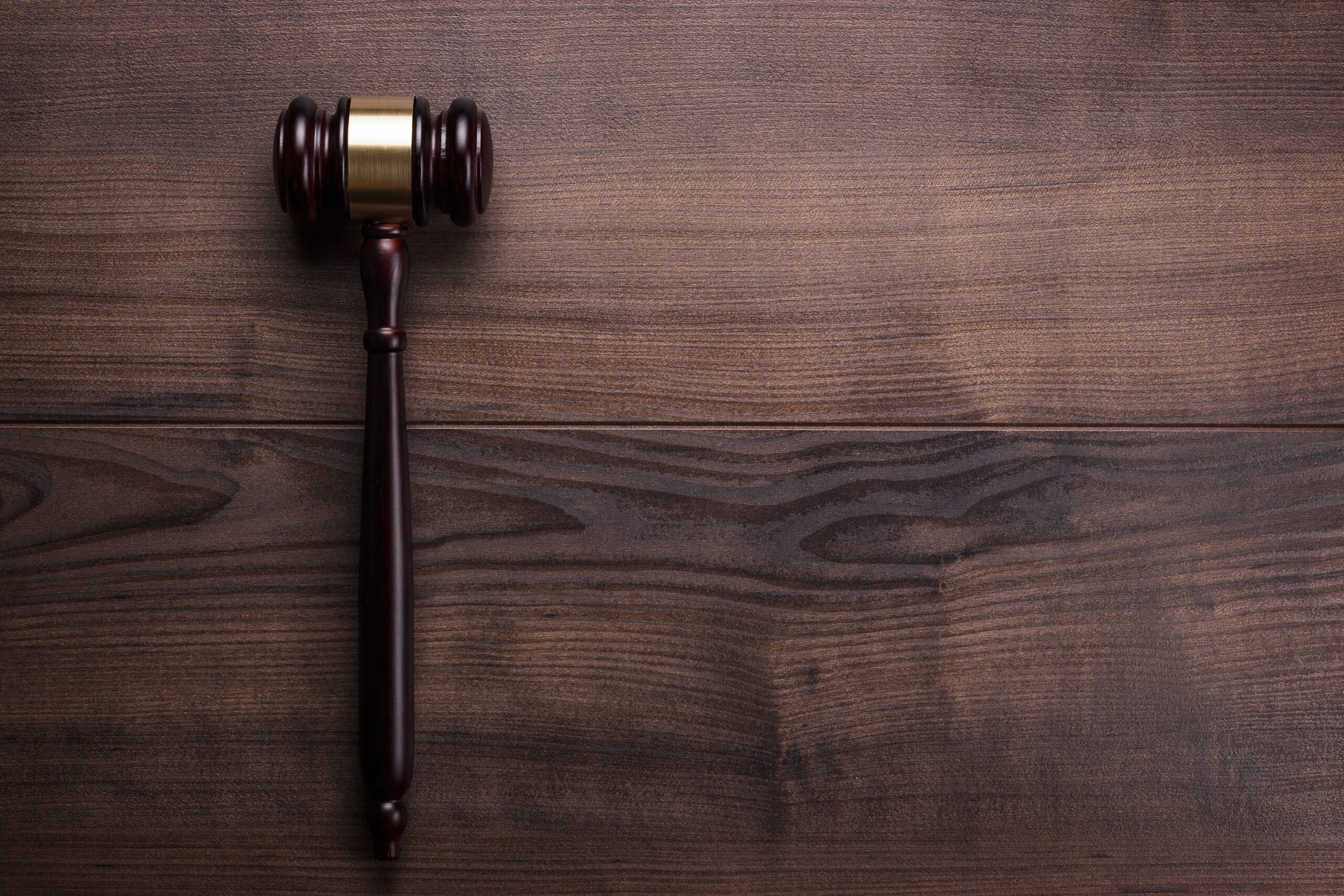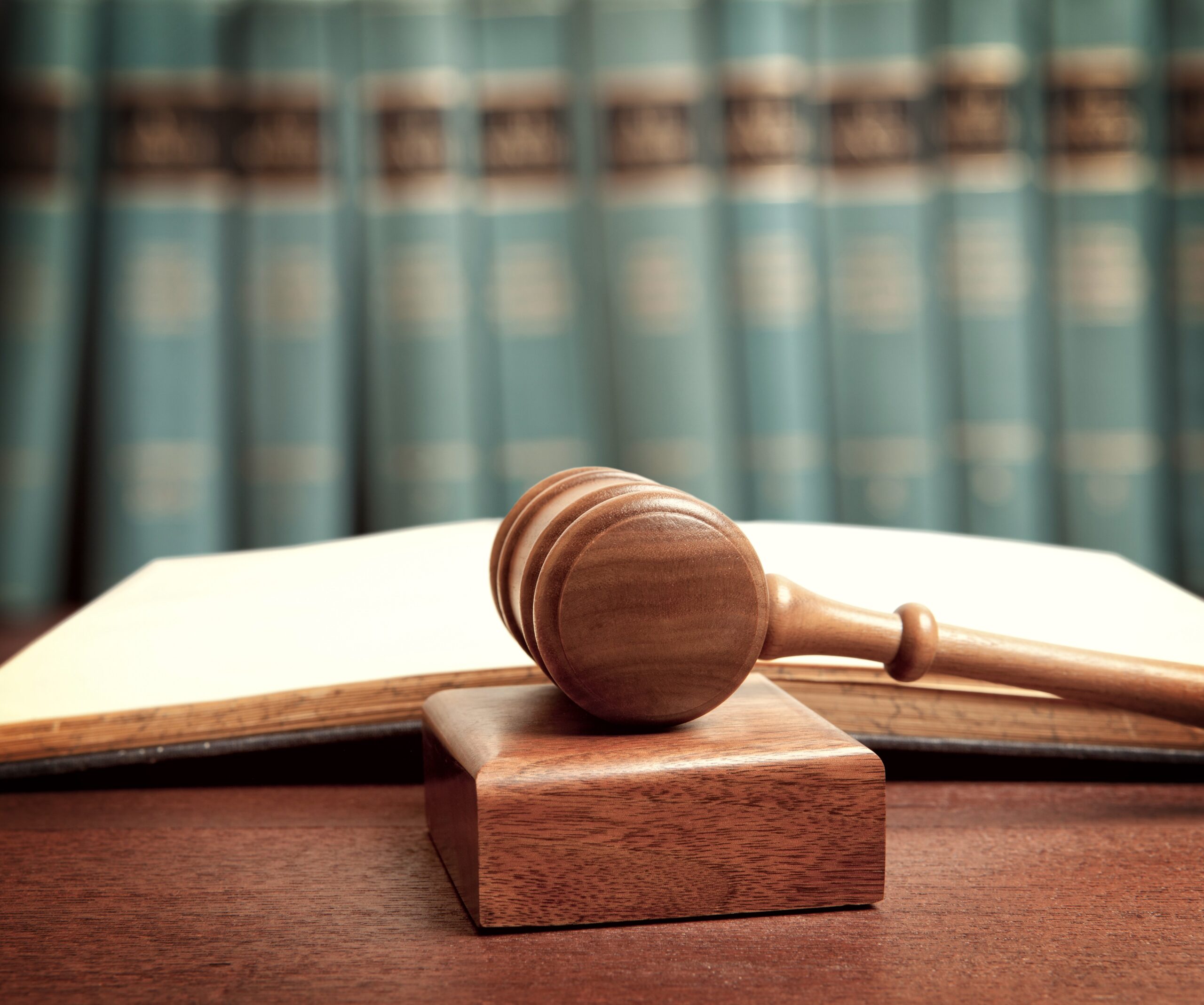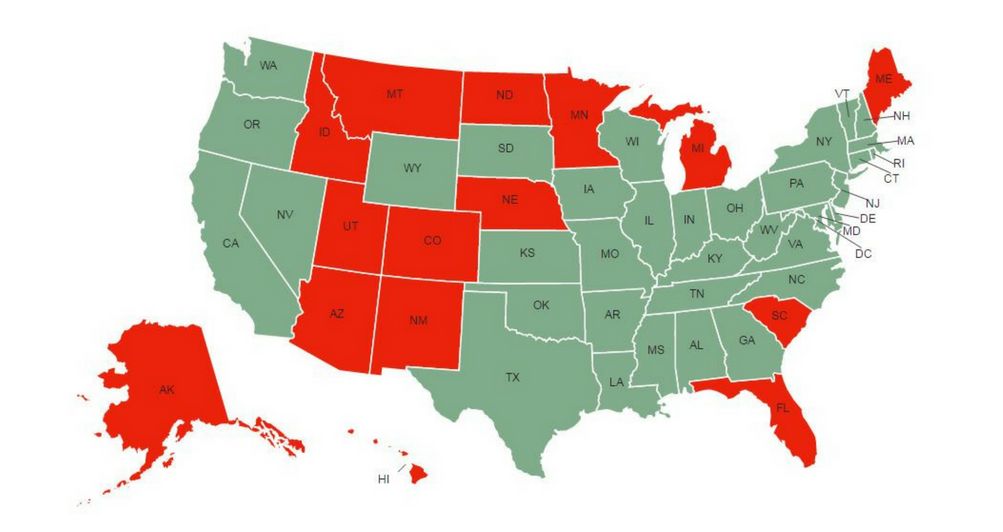
When a defendant loses in court, they might choose to appeal the decision to a higher court, usually to stay execution of the judgment. When this happens, the court might require the defendant to secure a Supersedeas Bond.
Supersedeas Bonds are also called Appeal Bonds.
What is a Supersedeas Bond?
A Supersedeas Bond (also known as an Appeal Bond) is a type of surety court bond that is required in a court of law when a defendant wants to appeal a ruling to a higher court while delaying the payment of a judgment.
The purpose of a Supersedeas Bond is to hold the defendant liable for court costs should their appeal be unsuccessful.
If the higher court upholds the lower court’s decision, the Appeal Bond guarantees the defendant will pay the judgment, interest, court costs, and attorney fees.
For more information on how the bond works, see the example at the end of the article.
Supersedeas Bond Cost
Supersedeas Bonds (Appeal Bonds) are usually in the amount of the original judgement, but the court could require the amount to be more.
You will not have to pay the entire bond amount to get bonded.
You will pay a percentage of the total bond amount. You might also need to provide collateral in addition to the bond premium.
See what you’d pay for an Appeal Bond. Get a free quote.
The best way to see what you’d pay is to get a free quote:
Get a free Supersedeas (Appeal) Bond quote
Appeal Bonds remain in effect until the litigation has been finalized, and while this is often accomplished in a year, these bonds sometimes remain in effect for longer periods of time.
Supersedeas Bond Example
For example, if Joe and Barbara are in a trial and the court finds Barbara in favor and rules Joe to pay Barabara $50,000, Joe could file an appeal to a higher court. If he wants to do this, he would need to get a Supersedeas Bond. The Supersedeas Bond would have to be in the amount of at least $50,000 to prove to the court that if he loses, he has the full amount to pay Barbara.
If Joe does not pay Barbara, she can make a claim against his bond. You can learn more about the bond claim process.
Supersedeas Bonds are beneficial for both plaintiffs and defendants, though these bonds are generally considered defendant bonds. This is because if a plaintiff loses and wants to appeal, a bond is not usually required because there is no judgment to collect or protect, so to speak.
By filing an appeal, a plaintiff doesn’t have much to lose, aside from the basic attorney fees and court costs. If a defendant loses though and wants to appeal, a Supersedeas Bond is usually required because there is a judgment that must be collected and paid.
Related links:
The Appeal Bond- What It Is, How It Works, and Why It Is Needed








